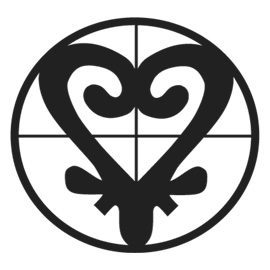Middle Passage Ceremonies and Port Markers Project Jacksonville, Florida, United States
Until now, it is as if they never lived. Over a period of 350 years (26 generations), more than twelve million African men, women, and children were taken from their homes, separated from their families, branded, beaten, and abused physically, sexually, and emotionally. For weeks and months, they were crammed in ships’ holds, force-fed rotten, bug-infested food, chained in a crawl space where they sat or lay in filth, blood, mucus, and excrement, and often succumbed to sickness and death from injuries, disease, rebellion, and heartbreak as they journeyed from their homes to enslavement in a hostile world.
Between Africa and arrival in Western ports, the bodies of the dead were thrown into the ocean with no burial and forgotten; their bones remain at the bottom of the Atlantic. Now, the Middle Passage Ceremonies and Port Markers Project honors them.
The project is a non-profit tax exempt grassroots organization designed to formally honor and commemorate the two million Africans who died and the ten million who survived the transatlantic human trade voyage, commonly known as the Middle Passage. The Project supports memorial ceremonies and placement of historic markers at 175 ports in North, Central and South America, the Caribbean, and Europe to remember all who perished during the terrible ocean crossing.
Middle Passage voyages were the beginning of more than 350 years of African diaspora history in the Americas-the largest forced human migration in history. The captive people who survived forged new identities that enabled them to endure the many hardships they faced with enslavement and separation from their motherland. By partnering with historical and cultural societies, churches, visitor and tourist bureaus, community organizations, and individuals, the Project also acknowledges the vital role that Africans and their descendants played in developing local areas and nations.
The Middle Passage Ceremonies and Port Markers Project honors the millions who perished, insures that the broken circle of the living and dead is repaired, and hopes to heal their descendants.
Related Topics:
Related Pages:
-
 Omar ibn Said
Omar ibn Said
-
 Philip Quaque
Philip Quaque
-
 Atlantic Ocean
Atlantic Ocean
-
 Middle Passage
Middle Passage
-
 Transatlantic Slave Trade
Transatlantic Slave Trade
-
 Abolition of Slave Trade
Abolition of Slave Trade


